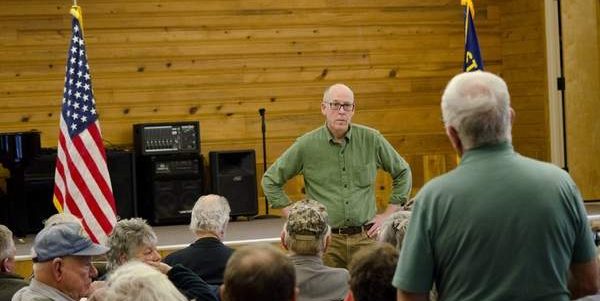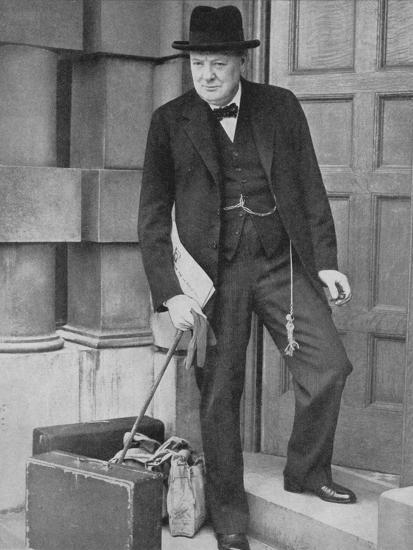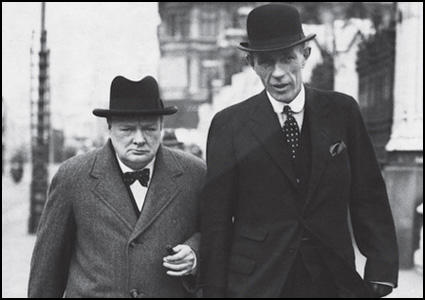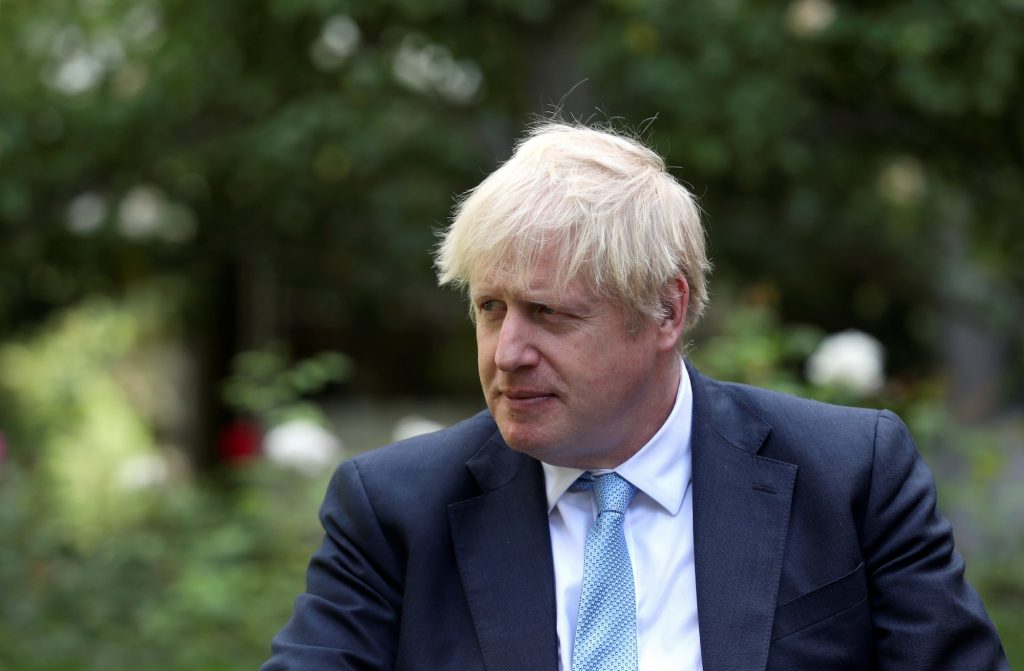The half-life of a failed political campaign is normally about 15 minutes. You lose and you’re forgotten pretty quickly even though the lessons of a losing campaign can sometimes be more enduring that what we learn from a winner.
Last year’s losing Democratic campaign for governor of Idaho is such a case. Since political memories fade quickly – remember when Mexico was going to pay for the wall and a certain candidate was going to release his tax returns – let me offer a reminder.
After a fairly brutal three-way Republican primary last year, Brad Little emerged from the GOP field to take on former state representative Paulette Jordan who had won a two-person Democratic primary. Little then cruised to a general election victory over Jordan, winning, to no great surprise, nearly 60% of the vote to Jordan’s 38%. Three other candidates divided the rest.
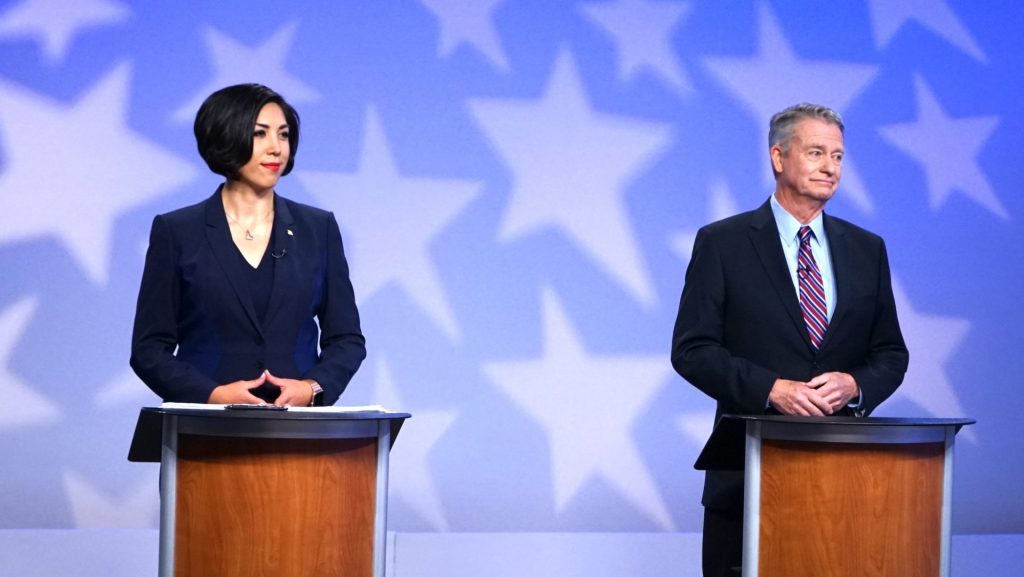
Jordan began the post-primary campaign riding pretty high, stimulating a lot of national press interest in her personal story and seeming to have a chance to make it an interesting contest. Little, meanwhile, needed to re-unite a somewhat divided GOP. By the time summer rolled around Jordan’s campaign was floundering. The campaign manager quit, one of several staff departures, when it was revealed that Jordan had established a federal “super PAC,” a political action committee able to raise and spend unlimited amounts of money in support or in opposition to candidates. And we then learned that the Jordan campaign had required Trumpian “non-disclosure” agreements with campaign staff.
Jordan’s campaign finance report covering the period from the primary to October 1 was unlike any I’ve seen in looking at those reports for nearly 40 years. She eventually raised and spent over $1.2 million on out-of-state consultants, lots of out-of-state travel and a variety of hard to understand shell corporations, including a one in Wyoming that drew particular attention. Almost nothing was spent on television.
A lot of Jordan’s spending, as I and others wrote at the time, was just odd and seemed seriously disconnected from any real effort to convince 300,000 or so Idaho voters – the number Jordan needed to squeak to a win – to actually vote for her.
As the Associated Press wrote last October: “The company registered in Wyoming as Roughneck Steering Inc. drew attention among Jordan’s hundreds of expense entries because Wyoming’s laws don’t require the officers of a company to be made public with the initial filing. That made it impossible to know from the finance report who was behind the company and why Jordan sent it $20,000.”
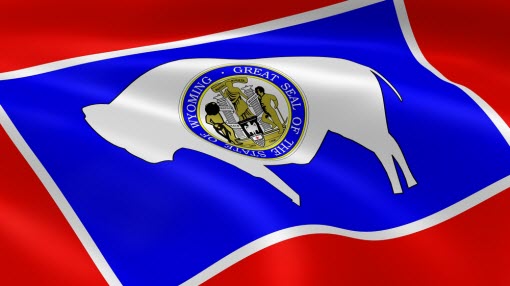
Roughneck Steering registered with the Wyoming Secretary of State on July 26, 2018 as a for profit domestic corporation. Two $10,000 payments to the company from Jordan’s campaign followed, along with a confusing explanation from the campaign as to what was done for the money and who did it. The campaign said polling work was involved, undertaken apparently by Republicans who could not risk being exposed for helping a Democrat. Hence the shell company.
Under the laws of the state of Wyoming, Roughneck Steering was required to file an annual report for the Wyoming Secretary of State on July 1, 2019. That first year report requires, unlike the initial corporate filing, more detail about officers of the company. Wyoming grants a 60-day grace period beyond the filing date so that a company has even more time to make its filing legal.
On September 8, 2019, the Wyoming Secretary of State declared Roughneck Steering “inactive” and “administratively dissolved.” As a helpful employee in the office in Cheyenne told me this week the company has basically ceased to exist.
Here’s why this ancient political history still matters. The purpose of Idaho’s campaign finance law is disclosure, real transparency. A run of the mill voter, a political rival, a supporter or opponent of a particular candidate is supposed to be able to look at a candidate’s reports and figure out where the campaign’s money came from and how and with whom it was spent. That’s why the reports are typically called “sunshine” reports. Sunshine is a disinfectant.
If the Jordan campaign is able – and clearly they have been able to date – to get away with sending money to a shell corporation at a post office box in Wyoming in a way that intentionally hides the beneficiary of the payment and how the money was spent that’s not anyone’s definition of disclosure.
Let’s assume for a moment the Jordan campaign really did pay some Idaho GOP operatives through this Wyoming shell company. We can assume it, because we’ll likely never know for sure. But where does such subterfuge stop?
Imagine that some future campaign actually wanted to launder some campaign cash. Say a candidate collects a hundred grand from campaign contributors, but really wants to put that money in his or her own pocket. Just set up a shell corporation in Wyoming, a state notoriously sympathetic to corporate slight of hand, and report the $100,000 “expenditure” as “campaign consulting” or “research” or even “polling,” and then have your shell company hand the cash back to the money-laundering candidate.
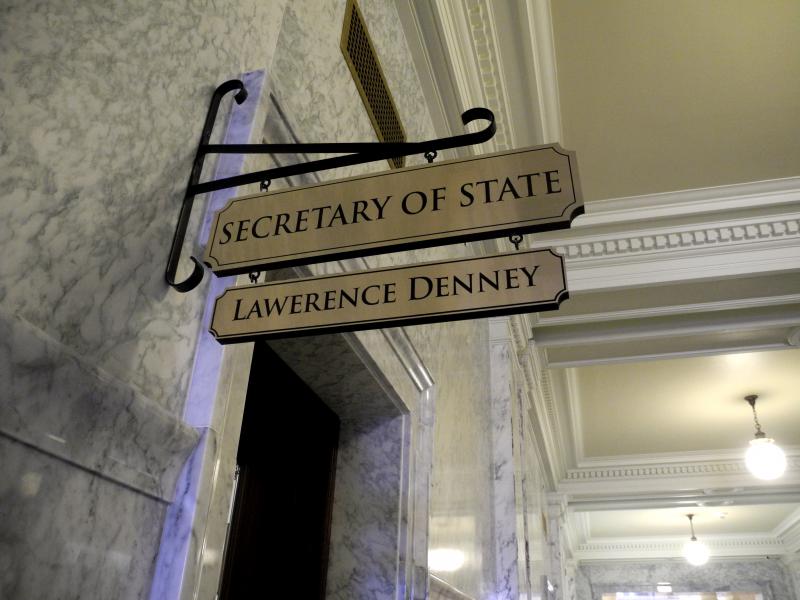
The state of Wyoming will be none the wiser. Idaho’s Secretary of State, even if there is suspicion of something untoward, has little ability to investigate. A loophole is created, or better yet has already been created.
The remedy is simple: require under the Idaho campaign disclosure law not only identification of a company or individual that a campaign has spent money with, but also who owns the company and what specifically the company or individual did to warrant the expenditure. As with all campaign finance scandals from Nixon’s illegal contributions from the dairy industry in 1972 to Donald Trump’s apparent payments to silence various women prior to the 2016 election, when campaigns hide the source or destination of money it’s always because they can’t tolerate sunshine.
By the way that super PAC Jordan established last year was also registered in Wyoming at the same address and under the same rules as Roughneck Steering. It, too, has been declared inactive and dissolved by the state of Wyoming. The PAC reported only one contribution to date – $25,000 from the Coeur d’Alene Tribe last year – and only one expenditure, $3,000 to an accountant in California. The Federal Election Commission’s records show no contribution from the PAC to any candidate.

